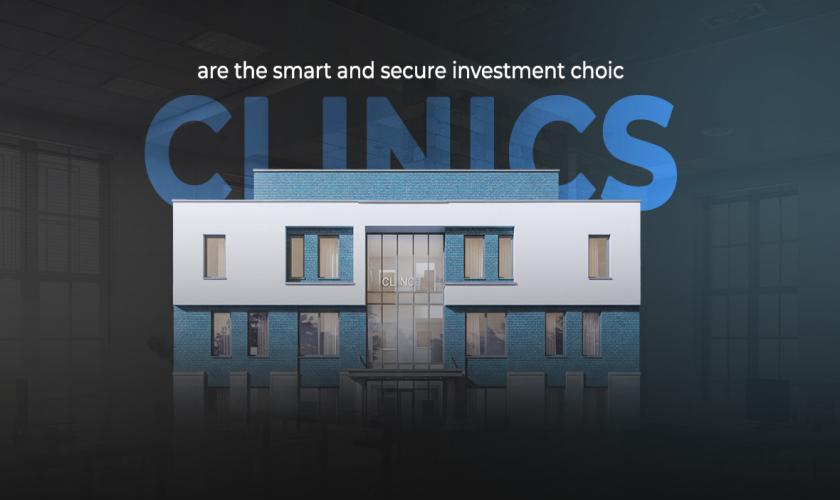
11
MayWhy Investing in Clinics Is Safer Than Residential Real Estate?
In Egypt’s evolving real estate landscape, traditional residential investments are no longer the most reliable option.
With fluctuating rental income, tenant turnover, and market saturation in some areas, many investors are rethinking their strategies.
This shift has led to a growing interest in medical real estate—especially clinics.
Clinics are emerging as a high-potential, low-volatility investment, especially in well-established areas such as New Cairo, 6th of October, Sheikh Zayed, and Al Rehab.
1. Strong and Predictable Demand
The need for medical services is consistent, regardless of economic cycles.
Unlike residential tenants who might delay rent or vacate due to job changes or inflation, healthcare providers prioritize location stability.
People always need access to doctors, dentists, physical therapists, and labs so making medical clinics less vulnerable to demand shocks.
2. Long-Term Tenancy and Low Vacancy
Clinic tenants usually sign 3 to 5-year leases and often renew repeatedly.
A doctor’s patient base is linked to the clinic’s location, so once settled, relocation is rare.
This stability dramatically reduces vacancy rates compared to residential units, which may sit empty for months between tenants.
3. Reliable Tenant Profiles
Medical professionals are high-trust tenants.
Doctors, diagnostic labs, and wellness centers are typically well-capitalized and serious about maintaining their reputation.
Unlike residential tenants, clinic tenants rarely default and often invest in furnishing and customizing the space—creating an incentive to stay longer.
4. Capital Appreciation of Clinic Units
As demand grows for healthcare access in residential zones, the value of clinic spaces continues to rise.
In areas like Sheikh Zayed and the Fifth Settlement, prices for medical-use units have risen by over 10% annually over the past three years.
Investors not only benefit from steady income but also long-term capital gains.
5. Favorable Operating Margins
Unlike residential units that may incur maintenance, furnishing, and turnover costs, clinics are usually operated and maintained by the medical tenants themselves.
This translates into lower operational costs for the owner, leading to higher net operating income (NOI) and better overall ROI.
Conclusion
In summary, medical clinics offer a unique combination of low risk, predictable cash flow, and long-term capital growth.
For investors looking for income-generating assets that can weather economic uncertainty, clinics are a smart and future-proof option.
Platforms like Health App make it easier than ever to get started—offering fractional ownership, professional operations, and total investment transparency.